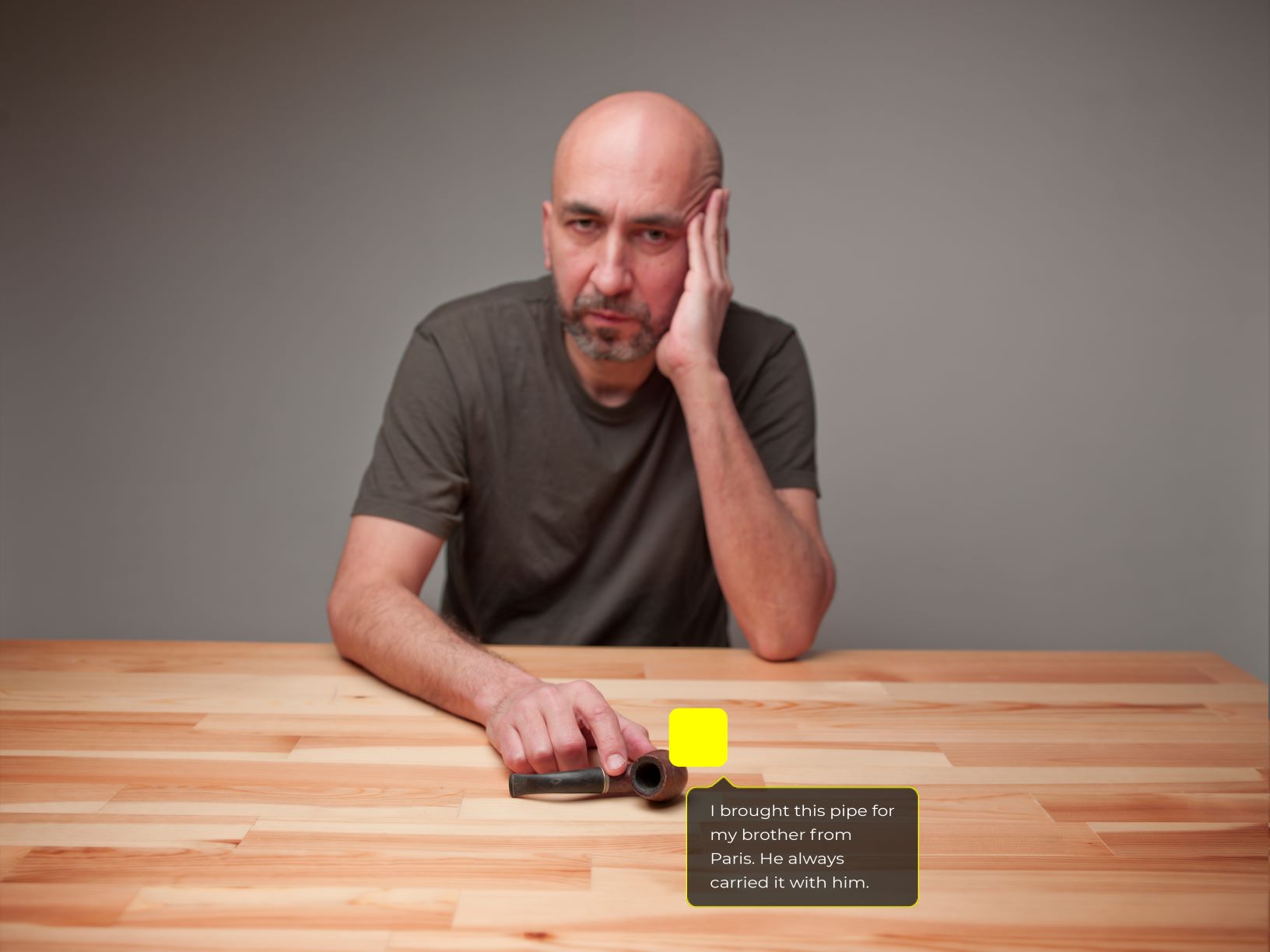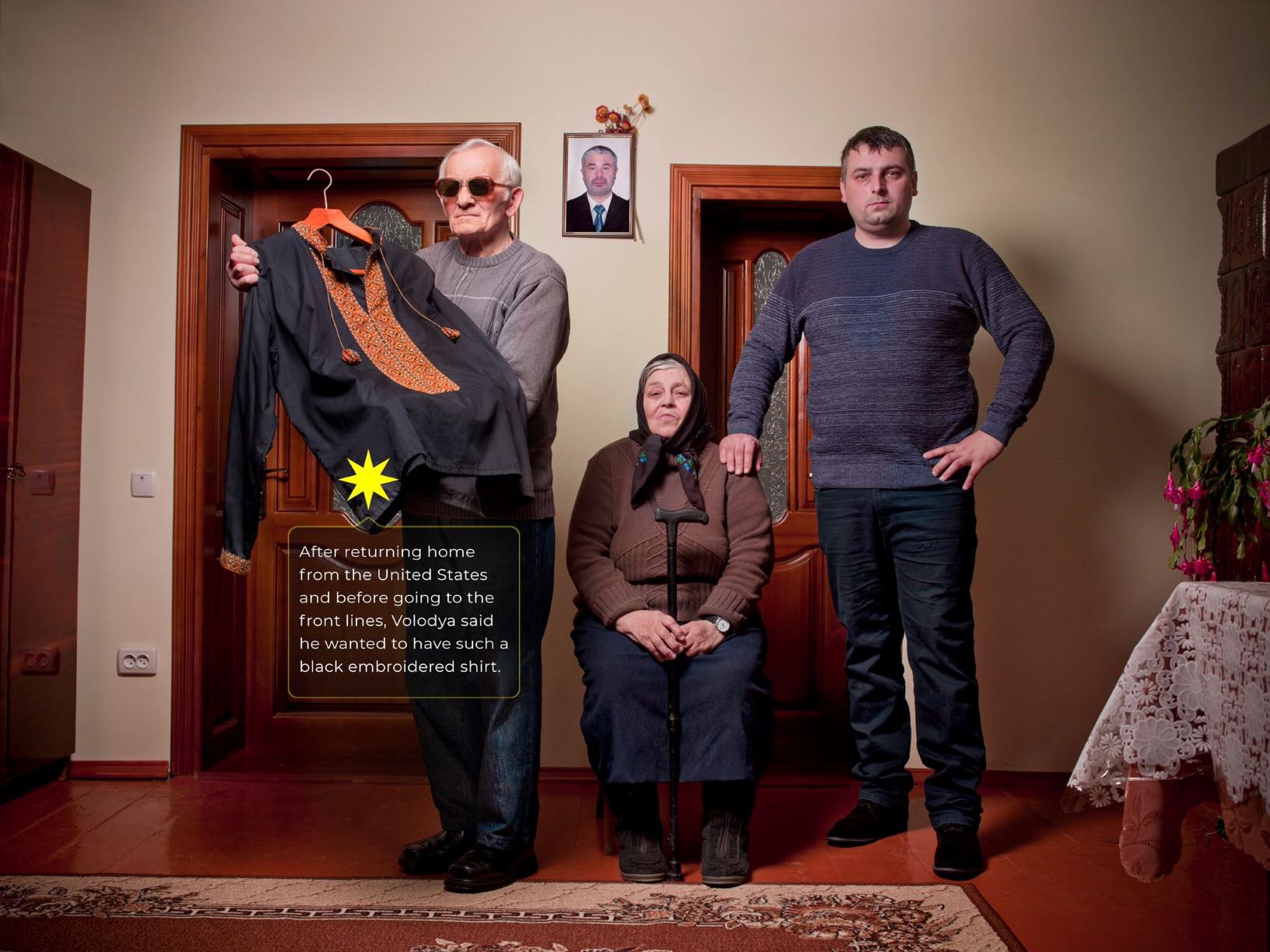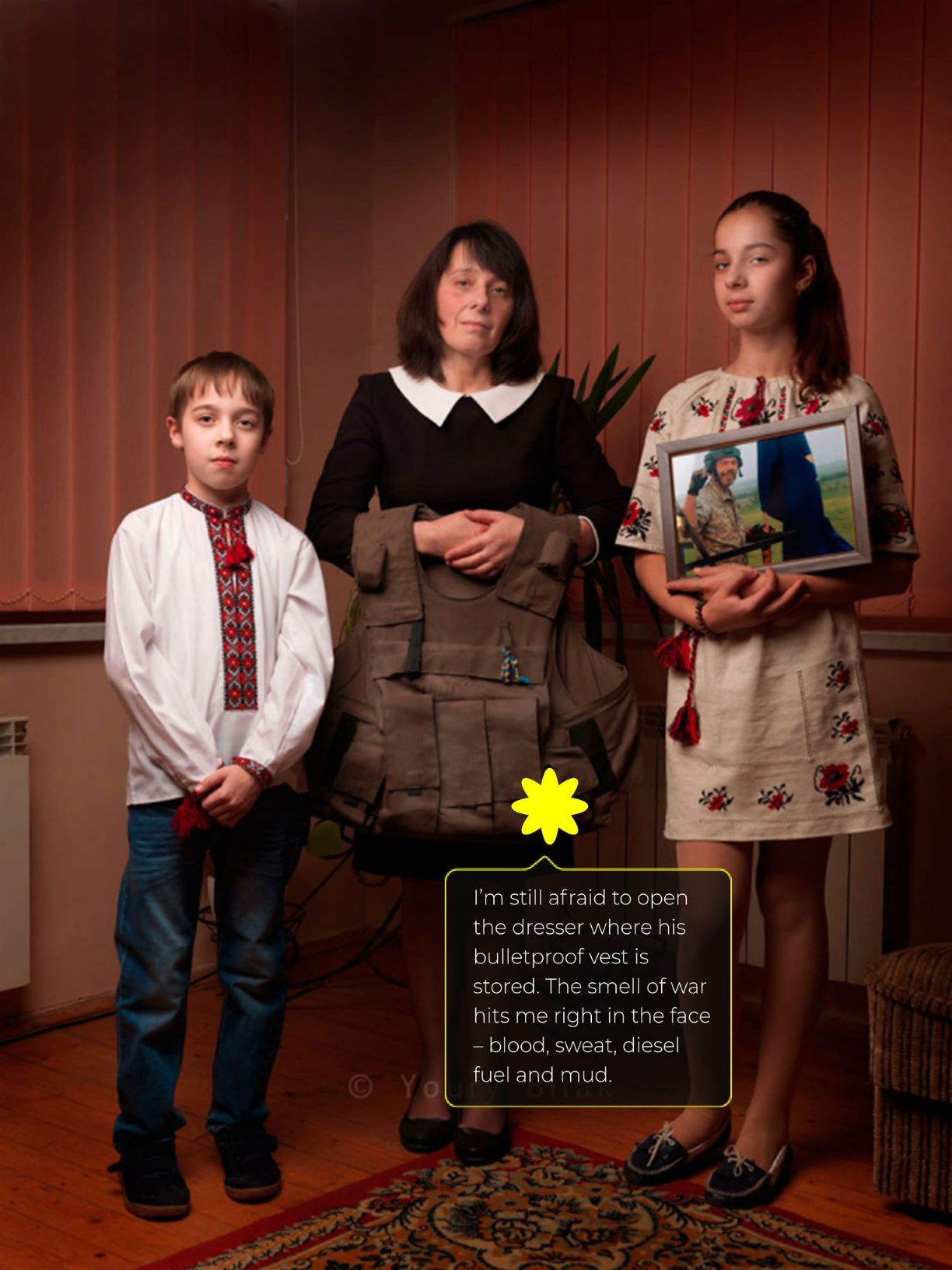It is part of the Plus 1 project created to memorialize the fallen Defenders of Ukraine.
Wassyl Slipak
Author: Yaroslav Hrytsak
Have you ever wondered why there are so many Tombs to the Unknown Soldier and not a single monument to the unknown liberal?
This question may seem somewhat far-fetched. But, it’s important given the general crisis of liberal democracies in our modern world. The West already experienced such a crisis in 1920-1930, so I need not explain what happened thereafter.
The first answer is obvious: there are many soldiers in the world, but very few liberals… especially in our corner of the world. More often than not, those who pretend to be liberals are a parody of liberalism (for example, Vladimir Zhirinovsky and his Liberal Democratic Party).
As there are so few liberals, it’s difficult for them to go unnoticed. They stick out like a sore thumb, like white crows, the colour of their feathers setting them apart. Whether they are pleasing or irritating to the eye, the community remembers them, cannot forget or forgive them.

There is another, more profound answer. Liberalism is all about the way a country is administered, and the Unknown Soldier is about the nation, about our heritage.
Today, nationalism and the nation per se don’t have a good reputation. They are equated with Nazism, xenophobia and mass violence. Ukrainian nationalism gets a particularly bad rap.
Whenever Ukrainian nationalism is mentioned, it brings to mind the image of a badly shaven man in an embroidered shirt, dirty boots, with an axe or a sawed-off shotgun in his hand… an anti-Semite and a murderer of Polish peasants.
However, nationalism isn’t just hate. According to Benedict Anderson, author of one of the most cited books on the origins of nationalism, Imagined Communities (1983), “… Finally, [the nation] is imagined as a community, because, regardless of the actual inequality and exploitation that may prevail in each, the nation is conceived as a deep, horizontal comradeship. Ultimately, it is this fraternity that makes it possible, over the past two centuries for so many millions of people not so much to kill, as willing to die for such limited imaginings… It is useful to remind ourselves that nations inspire love, and often profoundly self-sacrificing love”.
 Anderson echoed the views of Ernest Renan, another theorist of nationalism. In his famous lecture What is a Nation? (1882), Renan argued that “… man is a slave neither of his race nor his language, nor his religion, nor of the course of rivers nor of the direction taken by mountain chains” (i.e. language, religion, economic interest).” The nation is first and foremost the embodiment of a spiritual principle. It is the result of sacrifice and self-denial.
Anderson echoed the views of Ernest Renan, another theorist of nationalism. In his famous lecture What is a Nation? (1882), Renan argued that “… man is a slave neither of his race nor his language, nor his religion, nor of the course of rivers nor of the direction taken by mountain chains” (i.e. language, religion, economic interest).” The nation is first and foremost the embodiment of a spiritual principle. It is the result of sacrifice and self-denial.
Anderson gave examples of this love, but didn’t explain where it came from. His readers and critics provided the answer for him: this love has its roots in our childhood. It has its source in the lullabies that our mother sang, or in the songs we heard on radio, television or phonograph records. The spoken word isn’t as powerful as the musical word. Music that accompanies the word makes a huge difference. It creates a mythical dimension.
Here, myth doesn’t refer to a beautifully-woven lie or a skillfully-planted falsification fabricated by the mass media. This myth refers to the highest truth. It flies so high that it cannot be verified in everyday life. The myth as a biblical parable, a story about incredibly complex things, understandable in each and every language.
Mythical consciousness is inherent in everyone… even in modern and rational man, that is, in most of us. We may be skeptical of old myths, but we cannot live without myths. Somewhere inside our human self is a religious instinct, embedded deep within, along with an instinct for survival and reproduction. Primitive instincts have no need of myths, because they’re all about everyday life. However, a religious instinct cannot exist without myths, because they’re made up of higher and more complex things. Myths bring some sense and meaning to the changing events of our lives.
This is especially noticeable in times of crisis and turmoil. It’s not important if “we” are people from the past or from the modern consumerist era. What matters is what form this myth takes. It can be music, chanted texts… they, like biblical parables, translate complex concepts into simple language.
Here are some examples. On November 13, 2015, terrorists attacked a nightclub and the Stade de France (a football stadium) in Paris. 150 people were killed and several hundred were injured. Thousands of spectators returning from the stadium after the terrorist attack spontaneously began singing the French national anthem La Marseillaise. This was their defiance; despite the fact that so many of their compatriots had been killed, they would remain a strong community that would survive and continue living. One and a half years later, in early June 2017, French fans paid an emotional tribute to the victims of the terrorist attacks in London and Manchester as they loudly sang God Save the Queen at a football friendly at the same stadium, the Stade de France.

Those of us who were on the Maidan know of similar cases from our own experience. Returning home from the Maidan late at night, the crowd in the metro loudly and spontaneously sang the Ukrainian national anthem. Singing the anthem every day became the norm, because there was a possibility that one might be killed that very night. But when we stop and sing the anthem, our community remains immortal.
The number of such examples can be multiplied. If you google the following word combination - God+music+nation, you’ll get 289 million hits, including ads for T-shirts and lawn mowers. Even if this number is divided by a thousand or even ten thousand, there will still be very, very many hits left.
Even the most eloquent of stories would be of little value if there were no victims. Just as Christianity needs martyrs, so myths need witnesses. A myth survives and lives on as long as someone’s willing to sacrifice the most precious thing one has… especially persons who are well-known and much admired.
 That’s why the example of Wassyl Slipak is so very important. He could have been an opera singer at the Paris Opera, toured the world, and returned home to Paris. Many of us dream of such a life. It’s no surprise that a popular Ukrainian song laments that “we will not die in Paris”.
That’s why the example of Wassyl Slipak is so very important. He could have been an opera singer at the Paris Opera, toured the world, and returned home to Paris. Many of us dream of such a life. It’s no surprise that a popular Ukrainian song laments that “we will not die in Paris”.
The bullet that killed Wassyl Slipak was not fired in Paris, but in Debaltseve. From the point of view of daily life, his Death is accidental and senseless. From the historical perspective, such a Death makes the utmost sense.
I know nothing of Wassyl Slipak’s political views. In an interview with his brother Orest, I learned that some political parties now want to use Wassyl’s name. As a liberal, I’ll refrain from trying to make Wassyl into a liberal. However, for us liberals, his life and death serve as a reminder that fair and equitable laws, democratic institutions, respect for human rights - all that we strive for and believe in - will not materialize unless they are sustained by spiritual principles. These principles are so powerful that it’s worth not only living, but also dying for them.
The project is built around 22 individual exhibition stands. In iconic and powerful moments captured by a photographer’s camera – Youry Bilak, a Frenchman of Ukrainian descent – Ukrainian families tell the stories of their loved ones – Ukrainian soldiers who perished in the war. Each narrative, each individual is but one small grain, one tiny unit of a module in a living organism. By telling his story, we bring him back to life.
Each family chose an object that most reminds them of their departed: a father’s jacket, a guitar, a suit of medieval armour, a book. These family artifacts reflect a living continuation of the departed loved one. Ukrainian artists, intellectuals, and journalists were invited to create original texts about each soldier.





